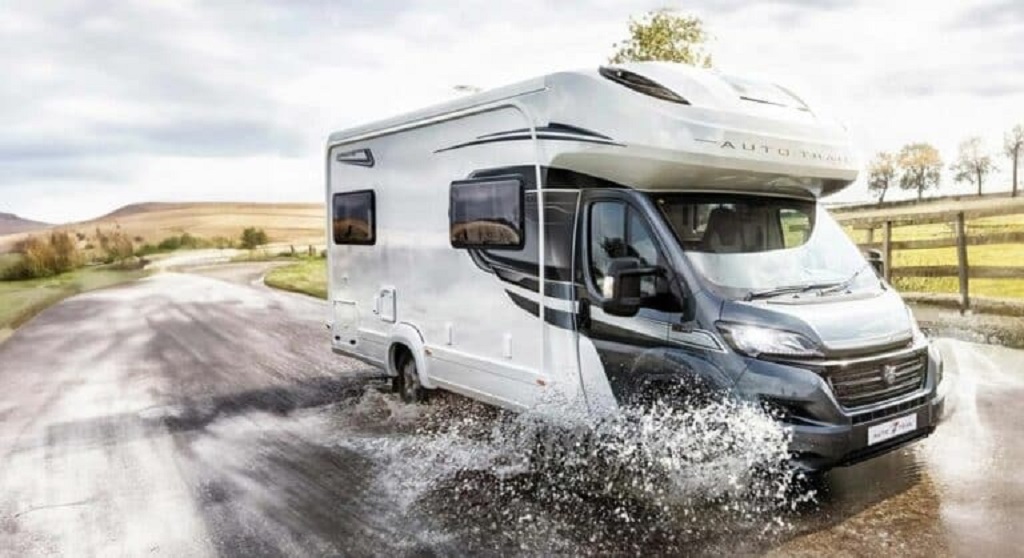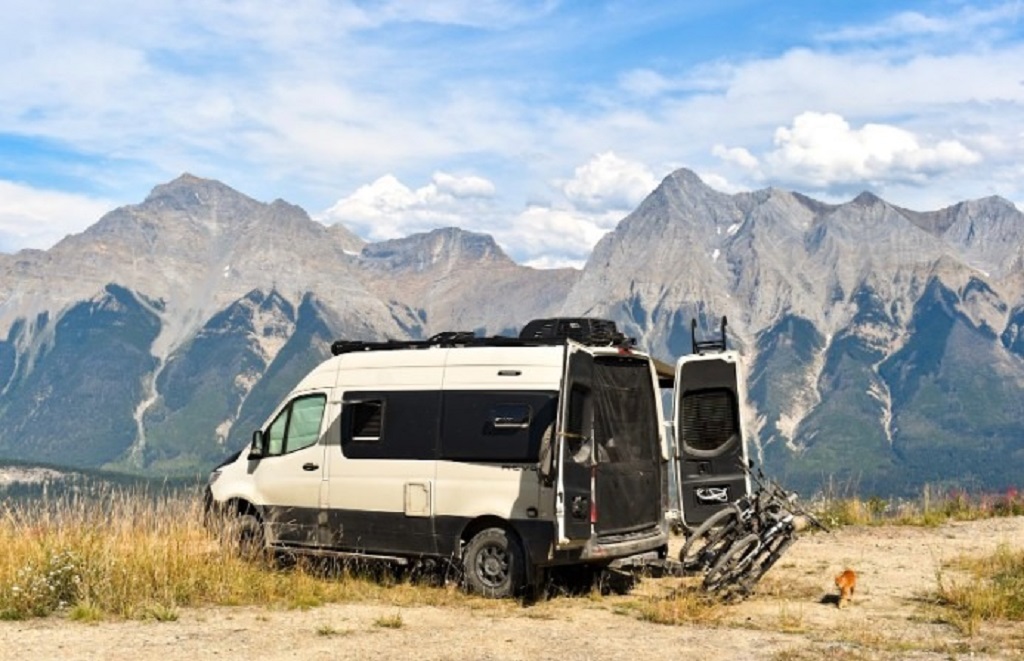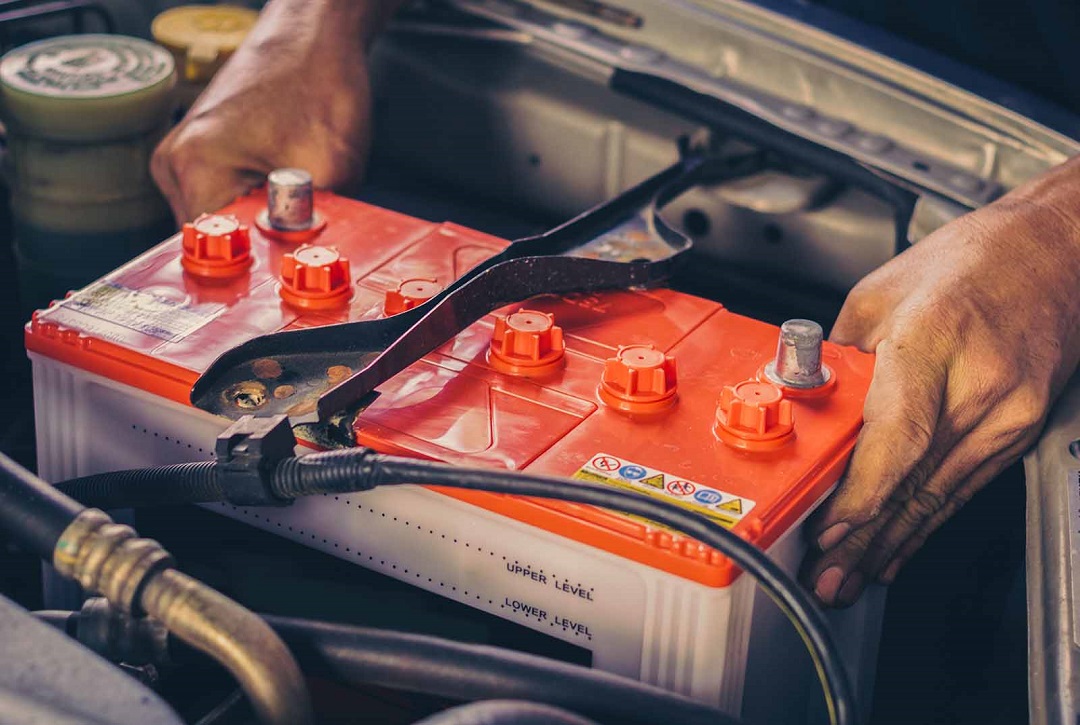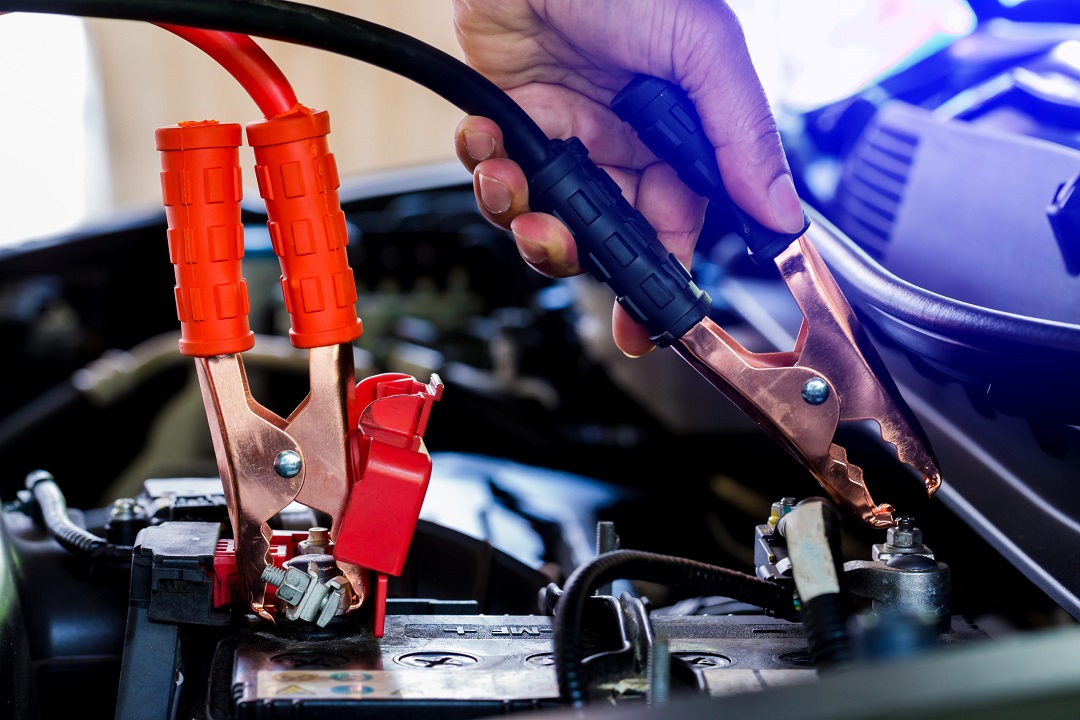Owning a motorhome offers the freedom to explore new destinations, embrace adventure, and create unforgettable memories. For many, it’s a dream lifestyle filled with open roads and scenic views. However, deciding if a motorhome is the right choice requires careful thought. At Local Motorhomes, we understand that this decision involves weighing practical, financial, and lifestyle factors. This article explores the key questions to ask if a motorhome is for you, helping you make an informed choice.
Why Consider a Motorhome?
A motorhome combines travel and accommodation, offering flexibility that traditional vacations can’t match. You can explore national parks, coastal towns, or remote campsites without booking hotels or flights. However, the decision isn’t just about wanderlust. It involves assessing whether this lifestyle aligns with your needs, budget, and preferences. To guide you, consider the essential questions to ask if a motorhome is for you to ensure you’re ready for the journey ahead.
What Are Your Travel Goals?
Before investing in a motorhome, clarify your travel aspirations. Do you want to take short weekend trips or embark on cross-country adventures? Your goals will influence the type of motorhome you need. For example, weekend travelers may prefer a smaller, fuel-efficient model, while full-time explorers might need a larger rig with ample storage and amenities. Additionally, consider how often you’ll travel. If you only plan to use it a few times a year, renting might be a better option. Understanding your travel frequency and style is a crucial first step.
Can You Afford a Motorhome?
Owning a motorhome involves more than the purchase price. Financial considerations include maintenance, insurance, fuel, campsite fees, and storage costs. Smaller motorhomes may cost $50,000 to $100,000, while luxury models can exceed $200,000. Used options are more affordable but may require repairs. Monthly expenses for full-time RVing can range from $1,500 to $3,000, depending on your lifestyle. Therefore, evaluate your budget carefully. Can you afford the upfront and ongoing costs? If not, explore financing options or consider part-time RVing to reduce expenses.
Are You Comfortable Driving a Motorhome?
Driving a motorhome is different from handling a car. Larger models, like Class A motorhomes, can be 30 to 40 feet long and require practice to maneuver. Narrow roads, tight turns, and parking can be challenging, especially for beginners. Additionally, consider towing capacity if you plan to bring a car or trailer. Ask yourself if you’re confident driving a large vehicle or willing to learn. Some motorhomes, like Class B camper vans, are easier to handle but offer less space. Test-driving different models can help you decide what feels manageable.
Do You Enjoy a Minimalist Lifestyle?
Motorhome living often means downsizing. Space is limited, so you’ll need to prioritize essentials and let go of excess belongings. For some, this minimalist approach is liberating, fostering simplicity and freedom. For others, it feels restrictive. Consider whether you’re comfortable with limited storage, smaller appliances, and shared spaces. If you love hosting large gatherings or need a spacious home office, a motorhome may not suit your needs. Reflect on how adaptable you are to a compact, efficient lifestyle before committing.
How Will You Handle Maintenance and Repairs?
Motorhomes require regular upkeep to stay roadworthy. Tasks like checking tires, maintaining plumbing systems, and servicing the engine are essential. Breakdowns can happen, especially with older models, and repairs can be costly. Are you handy enough to handle basic maintenance, or will you rely on professionals? Additionally, consider storage when the motorhome isn’t in use. Will you park it at home, or do you need to budget for a storage facility? Understanding the maintenance demands ensures you’re prepared for the responsibilities of ownership.
What Amenities Do You Need?
Motorhomes come with varying levels of comfort. Basic models offer sleeping areas and small kitchens, while luxury options include full bathrooms, entertainment systems, and slide-outs for extra space. Think about your must-have features. Do you need a full kitchen to cook meals? Is a comfortable bed non-negotiable? If you plan to boondock (camp off-grid), features like solar panels and larger water tanks are critical. Make a list of essential amenities and compare them to available models to find the right fit.
Are You Ready for the Lifestyle Changes?
Motorhome life is more than a vehicle purchase—it’s a lifestyle shift. You’ll spend more time outdoors, adapt to changing environments, and plan routes carefully. Socially, you may connect with RV communities but spend less time with family or friends at home. For full-time RVers, this means leaving behind a traditional home base. Ask yourself if you’re excited about these changes or if they feel overwhelming. Talking to current RVers or joining online forums can provide insight into the day-to-day realities.
Can You Balance Work and Travel?
If you plan to work while traveling, consider how a motorhome fits into your career. Remote workers need reliable internet, which can be challenging in remote areas. Solutions like mobile hotspots or satellite internet exist but add to costs. Additionally, evaluate your workspace needs. Can you work efficiently in a compact environment? For families with children, consider homeschooling or road-schooling requirements. Balancing work and travel is achievable but requires planning to ensure productivity and connectivity.
Is Your Family or Partner On Board?
If you travel with others, ensure everyone is enthusiastic about motorhome life. Discuss expectations with your partner, family, or friends. Will they enjoy the close quarters and frequent moves? For families, consider how children or pets will adapt to limited space and changing environments. Open communication prevents conflicts later. If not everyone is ready, you might explore shorter trips to test the waters before committing to a purchase.
Read More Also: From Cars to Commercial Trucks
Conclusion
Deciding if a motorhome is right for you involves evaluating your travel goals, budget, driving skills, and lifestyle preferences. By asking the right questions, you can determine whether this adventurous lifestyle aligns with your needs. Consider the costs, maintenance, and space limitations, but also embrace the freedom and flexibility a motorhome offers. Whether you’re dreaming of weekend getaways or a full-time nomadic life, careful planning ensures a rewarding experience. Take your time, research thoroughly, and test the lifestyle to make an informed decision.
Read More Also: Why Does My Truck Squeak When I Turn?
Frequently Asked Questions
What is the average cost of owning a motorhome?
The cost varies, but expect $50,000-$200,000 for the vehicle, plus $1,500-$3,000 monthly for full-time RVing, including fuel, maintenance, and campsite fees.
Can I live in a motorhome year-round?
Yes, many people live full-time in motorhomes, but it requires planning for weather, storage, and amenities like heating or cooling for comfort.
What size motorhome is best for beginners?
Class B or C motorhomes (15-25 feet) are easier to drive and maintain, making them ideal for new RVers compared to larger Class A models.
Do I need a special license to drive a motorhome?
Most motorhomes under 26,000 pounds don’t require a special license in the U.S., but check local regulations, especially for larger models.
How do I find campsites for my motorhome?
Use apps like Campendium or RV Parky, or check state and national park websites. Many offer amenities like hookups for water and electricity.






